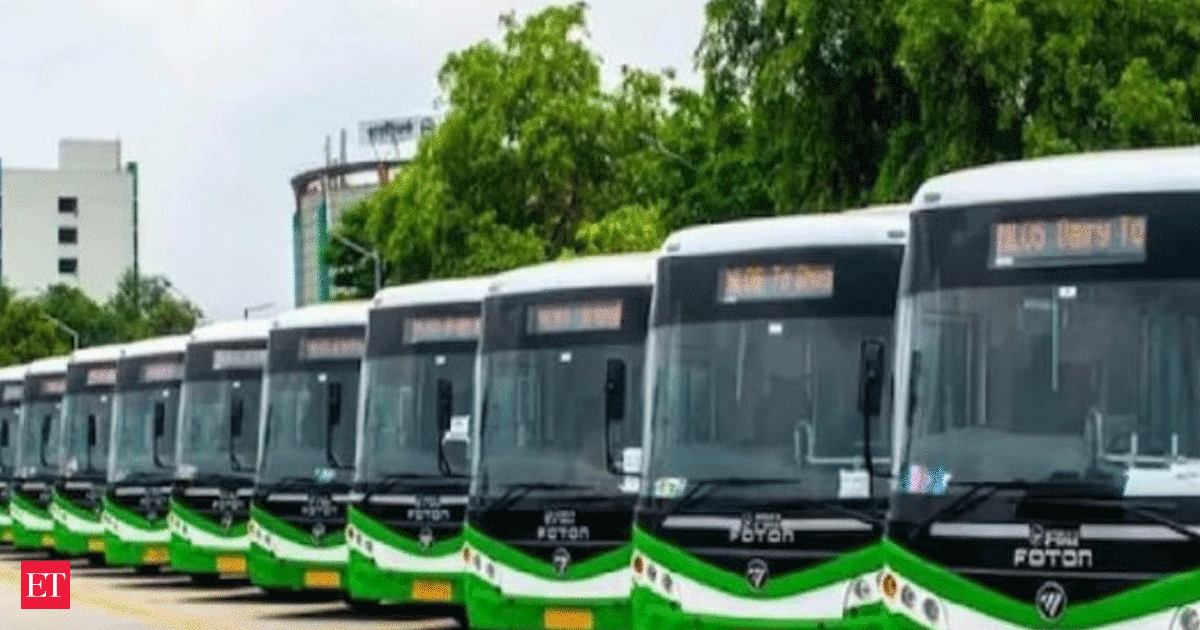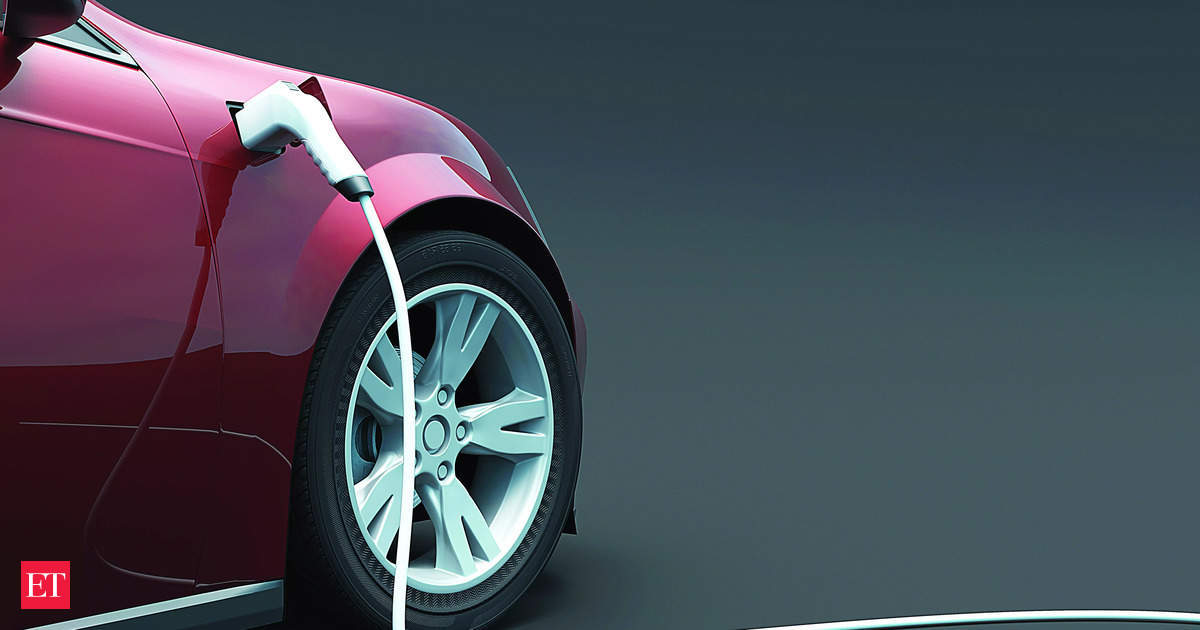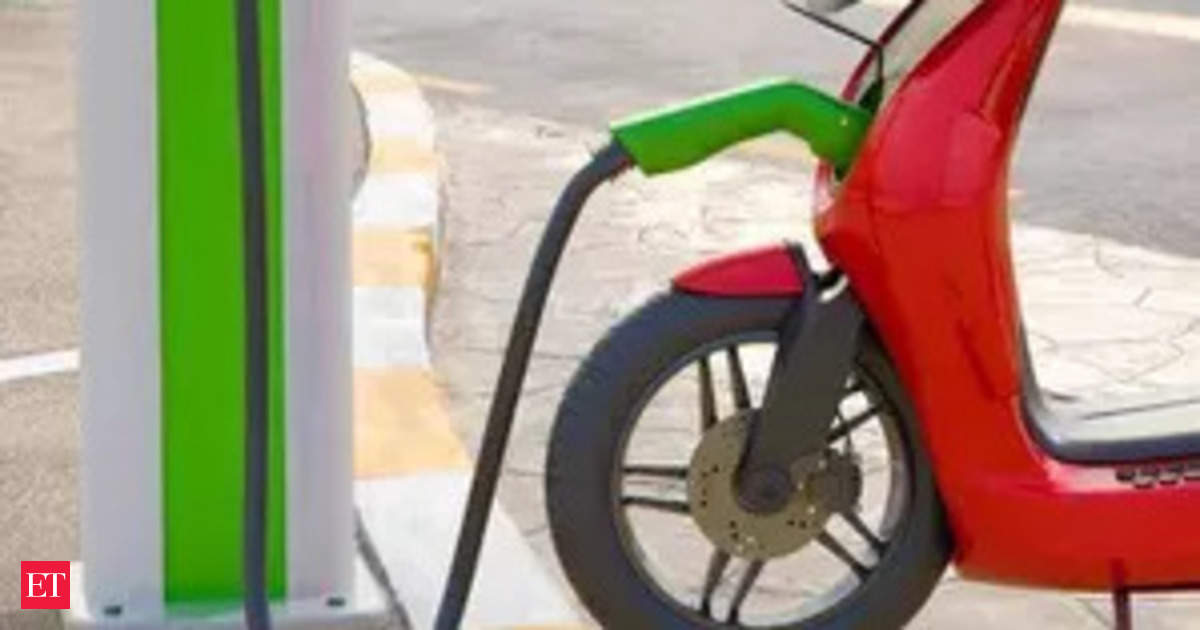Auto manufacturers in India, such as Ashok Leyland and Tata Motors, are ramping up their production of electric buses to accelerate the country’s shift to cleaner transport. Ashok Leyland is constructing a manufacturing plant with a capacity of 2,500 vehicles, while Tata Motors aims to deploy 3,300 e-buses by fiscal 2025. The lack of financing and charging infrastructure are significant roadblocks. To overcome this, India is collaborating with the US to establish a payment-security fund. Switching to e-buses in India’s major cities is crucial to combat pollution and improve public transport.
A recent study reveals that car buyers are more inclined to purchase hybrid vehicles over electric vehicles. The study found that factors such as charging time, availability of charging infrastructure, and safety concerns with battery technology are hindering the wider adoption of battery electric vehicles. Despite the higher cost, hybrid vehicles remain the preferred choice for many car buyers. Find out more.
As Elon Musk’s visit to India generates buzz about a possible Tesla manufacturing unit in Gujarat, attention turns to the need for a robust public infrastructure for electric vehicles to meet India’s ambitious 2030 goal.










